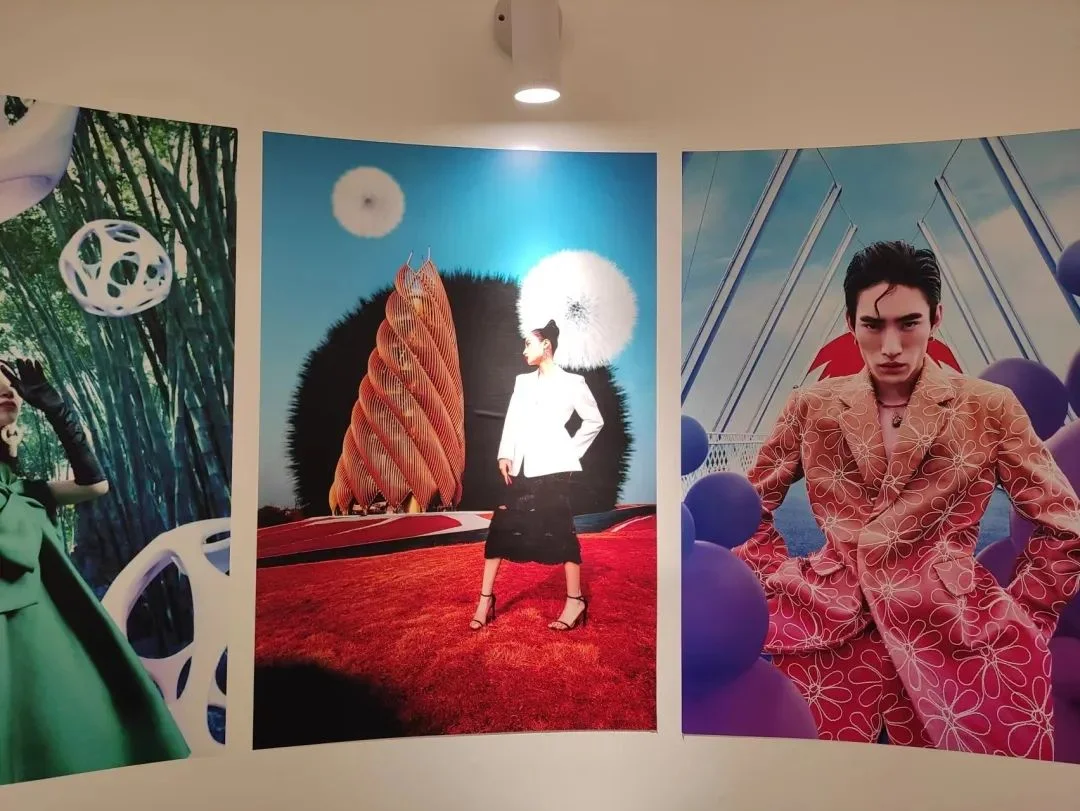Healthy lighting refers to improving people's working, learning, and living conditions through LED lighting, and promoting psychological and physical health.

Healthy Lighting Standards
The current health-related standards for light include light chromaticity requirements (spectrum, illuminance, stroboscopic, glare, photobiological radiation), test methods, and product design specifications.

Photobiological Safety Standards:
CIES 009/E:2002 Photobiological saferty of lamps and lamp systerms (IEC TR 62471)
GB/T20145-2006
IECTR 62471-2:2009Photobiological safety of lamps and lamp systems- Part2:Guidance onmanufacturing requirements relating to non-laser optical radiation safety
GB/T30117.2-2013
IECTR 62778:Considers only blue light hazard ofprimary light sources and finished products
How to judge the lightquality of LED lamps?
Eyes, brain and skin are the main organs that light affects the human body. At present, the indicators of lamps that have an impact on the human body include spectral energy distribution, color temperature, color rendering index, illuminance, brightness, stroboscopic, glare and light distribution curve.
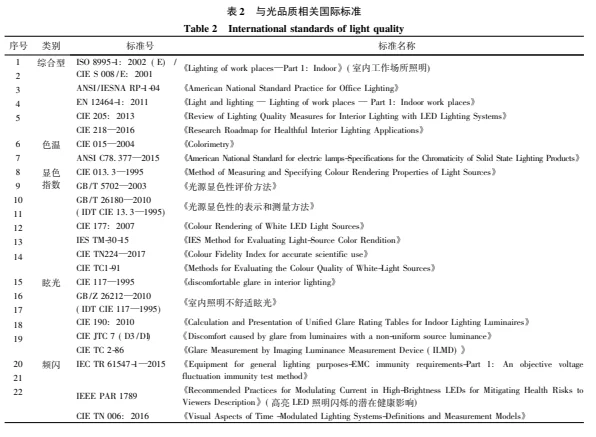
How to improve light quality?
1. Glare control
Glare refers to the extreme brightness than can cause discomfort. To improve the light experience, it is necessary to control and reduce glare.
In terms of lamps, reducing the surface brightness of lamps and reducing the light emitted from large angles can effectively reduce the UGR.
2. Flicker control
In the lighting applications of hospitals, classrooms, work areas, offices, and live broadcast venues, the flicker of lamps needs to be strictly controlled.
RPI LRC ASSIST curve, the research range is the stroboscopic effect below 80Hz, and it is believed that the stroboscopic effect above the curve can be detected by the human eye.
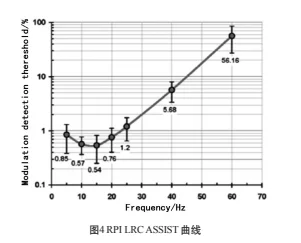
Stroboscopic Visibility Measure(SVM), The research range is the stroboscopic effect above 80Hz, and it is believed that the area above the curve will be perceived by the human eye as a flicker phenomenon.
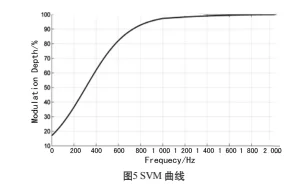
IEEE Std 1789-2015 discusses the scope of both of the above, arguing that zone 1 has no impact on health, and zone 2 is a low-risk impact.
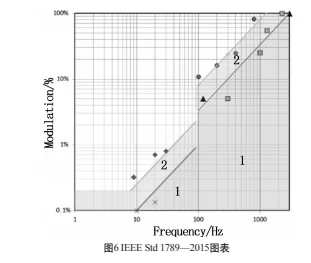
The reason for the flicker of the lamp is the periodic change of the brightness output formed by the light source under the periodic current fluctuation of the driving output. Although there is no very unified stroboscopic standard in the world at present, the lighting manufacturer should refer to the above stroboscopic curve according to the needs of the customer's target market, and select the power supply to reduce the stroboscopic phenomenon.

